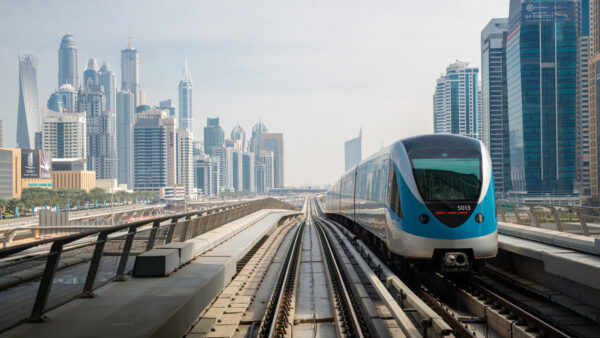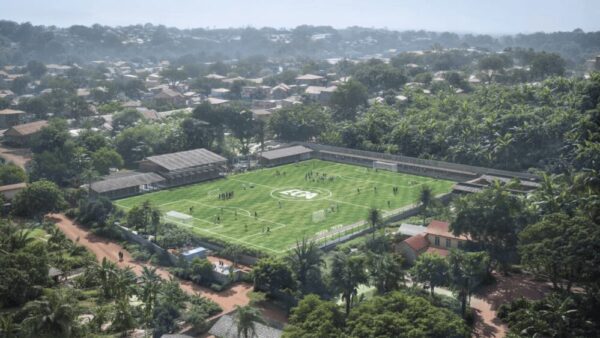Kenya’s deepwater Lamu Port entered service last week when President Uhuru Kenyatta officially opened the first berth. Work on two more berths is expected to be complete before the end of October, marking the completion of the first phase of the port’s development.
The first berth, which has a construction cost of $480m, has a depth of 17.5m and will handle up to 400,000 containers a year.
Negotiations are taking place between Kenya Ports Authority and the Lamu Port Consortium, led by South African port operator Transnet and the Development Bank of Southern Africa to operate the first three berths and to develop the next three.
After the ceremony, the president observed the offloading and loading of two ships simultaneously and later handed the captain of one of them, the MV Cap Carmel, a “Certificate of First Call” to complete a historic day.
The first goods to be exported from the port were a cargo of Kenyan avocados. Chris Flowers, the head of Kenyan avocado exporter Kakuzi, commented: “This begins to crystallise the Lamu Port-South Sudan-Ethiopia-Transport Corridor project, which will benefit Kenyan producers immensely.”
The ancient fishing village of Lamu is set to become the terminus of a trade corridor that will run from the Indian Ocean to Ethiopia and South Sudan. Altogether, the Lamu Port South Sudan-Ethiopia Transport Corridor, or LAPSSET, will invest some $24bn in roads, oil and fibre-optic lines, a 1,500km railway, an airport and a refinery.
The port, which is being built by China Communications Construction Company (CCCC), will be the country’s second deepwater facility after Mombasa, and will relieve congestion there.
Image: LAPSSET’s image of China Communication’s work on Lamu’s first three berths
Further reading:






